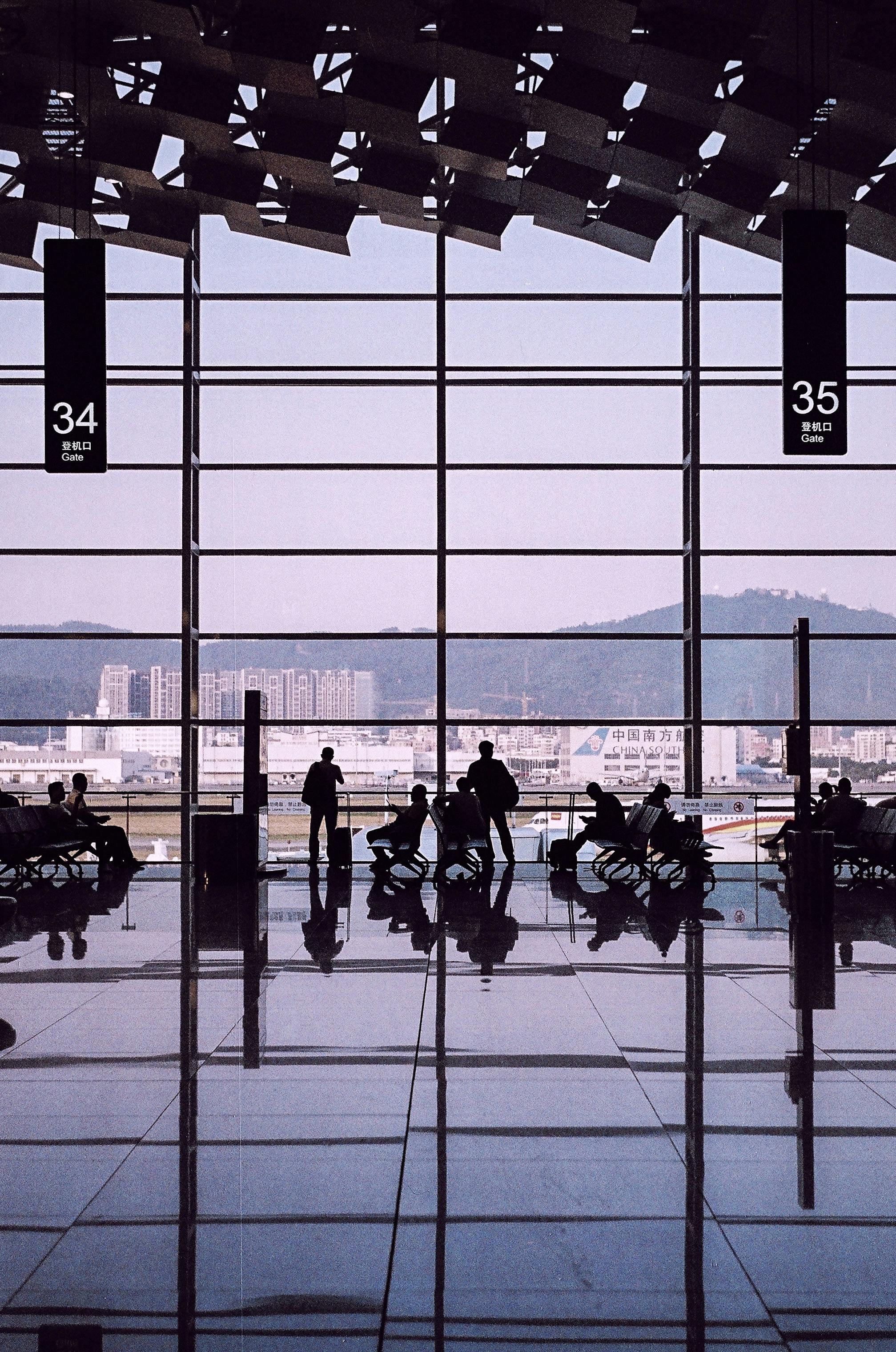A common belief is that OFWs live extravagant lifestyles, enjoy vacations, and post pictures of their nice accommodations and travels. Learning these misconceptions can help you learn expectations vs realities.
OFWs Live Luxuriously Abroad
While some OFWs earn more than they can in the Philippines, many OFWs share cramped living spaces with multiple roommates. In Middle Eastern countries such as Saudi Arabia, Kuwait, and Qatar, living spaces may include a small room shared by four people. They do this to save costs and budget money to send remittances back home. A majority of OFWs, especially those in the low-skilled category, don’t earn enough to buy their wants and just enough to cover basic needs for their family. If these rented rooms are above the inexpensive rental rate or a worker earns a low salary, it can waste a significant amount of OFW savings.
Returning home means financial stability.
There’s a notion that homecoming equates to financial stability. Except for successful homecoming OFWs, the reality is that many OFWs return home without savings. Once they set foot in their home country, they face the same reality as they did before going abroad — unemployment and underemployment. The lack of adequate support for returning workers can exacerbate this issue.
OFWs are financially secure.
Many people assume OFWs are financially well-off due to foreign earnings. The truth is many OFWs face financial challenges, such as placement fees and debts incurred before leaving the country. Plus, the cost of living in host countries can be high, leading to OFWs working for multiple jobs just to make ends meet. The top expenses include living space rentals, utilities, and food.
OFWs are always happy to be abroad.
Many Filipinos experience anxiety, guilt, and homesickness when they go and live abroad. OFWs go abroad because local salaries are not enough to cover their needs. Most will want to be with their families and at the same earn well. Current business, bureaucracy, economy, and political environment in the country prevent good opportunities from happening.
The bottom line
The narratives surrounding Overseas Filipino Workers (OFWs) are often colored by misconceptions that can overshadow their real experiences. Knowing these myths can help us foster a deeper understanding of the realities faced by OFWs, appreciating their resilience and contributions while advocating for better support systems that address their true needs and aspirations.

